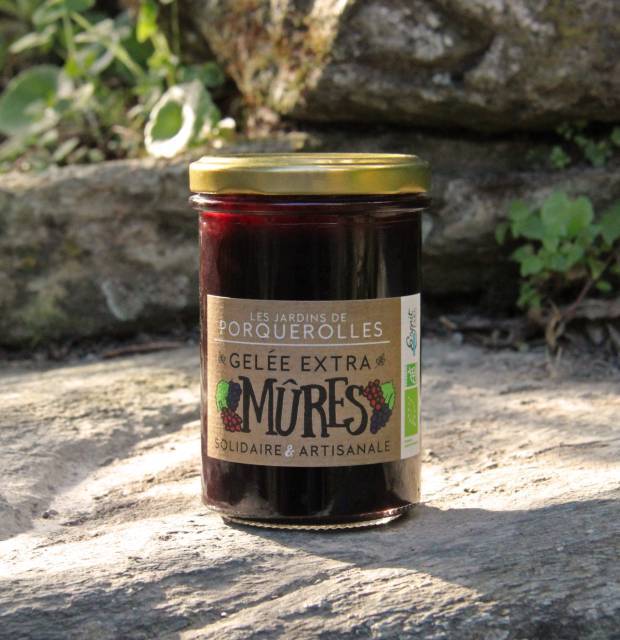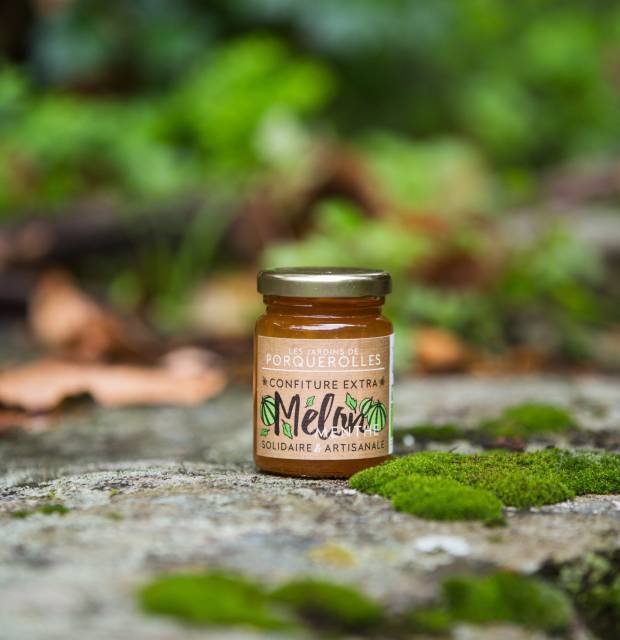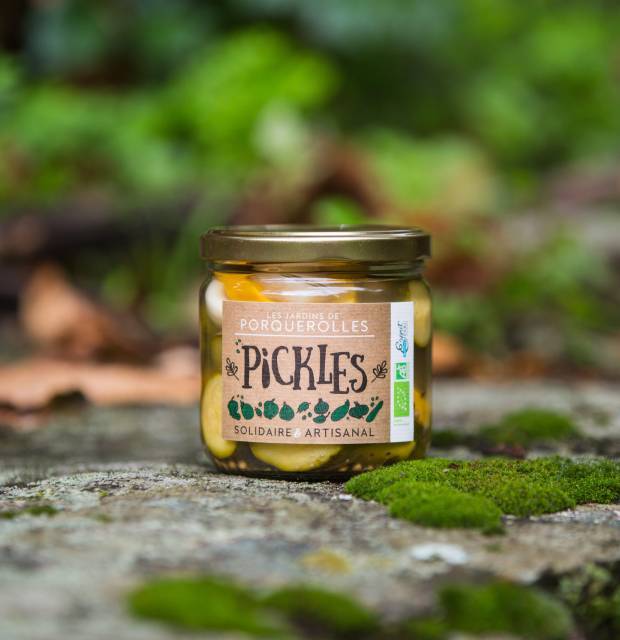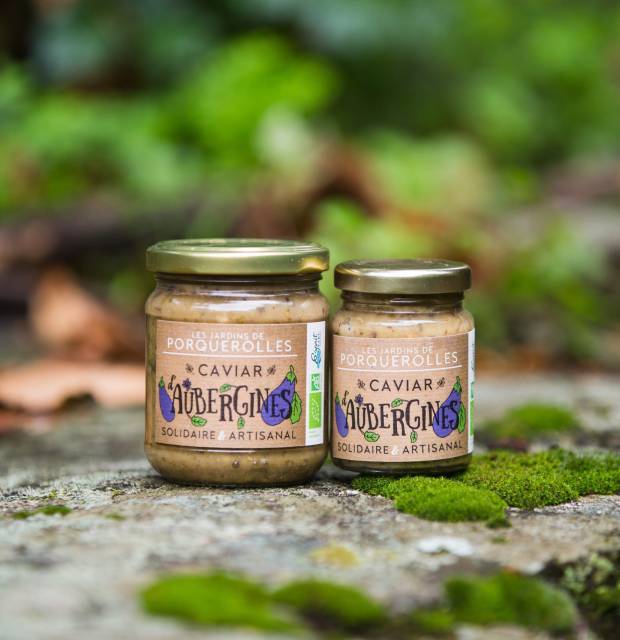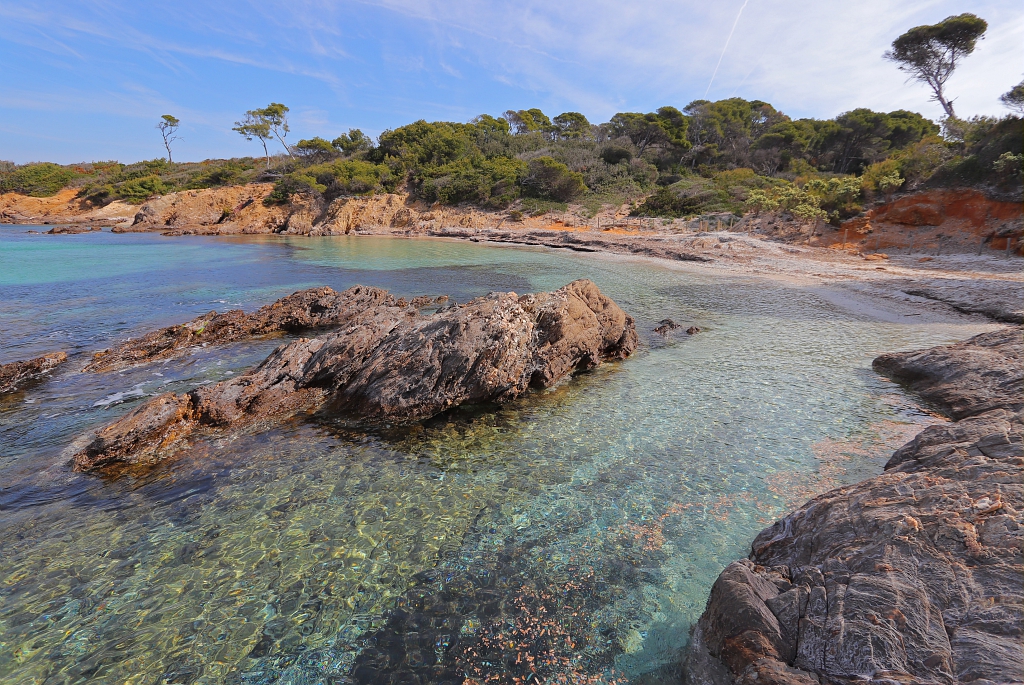The association Sauvegarde des Forêts Varoises, created thirty years ago, is dedicated to welcoming people to work in integration programs (there were 48 of them at the end of September 2020). Approved by the DIRECCTE as an "integration site", the association offers work contracts combining production in the field (about 80% of working time) and support (the remaining 20%).
On the island of Porquerolles, the association is in partnership with the Port-Cros National Park for the maintenance of the olive, fig and mulberry orchards, within the framework of the COPAINS (COllections PAtrimoine INSertion) project. Still on the island, the association is developing a market gardening and product processing activity. Preservation of natural areas, fire prevention and job creation have been the objectives of the association since 1995 and, although the economic balance is sometimes difficult to achieve, ASFV can be proud to have created about sixty jobs.
Agnès Aujard, the director of the Association Sauvegarde des Forêts Varoises, explains to us the fields of action of her structure and its involvement in the local environment: market gardening and product processing.
For market gardening, the association has a sales point on the island, at the exit of the village. The point is open all year round, twice a week in summer, and once a week the rest of the year.
Although this market is known locally, Agnes would like to give it a name that is less confusing. Indeed, the acronym COPAINS, although very nice, could have been a disadvantage for the association on several occasions: the parallel with the activities pursued by the association is not easy to make..
For its activity of transformation of product, the association has thus deposited a mark: "Les Jardins de Porquerolles". Thanks to this name, largely evocative of the island, the products manage to get a place of choice among the souvenirs prized by tourists.
The first objective of the transformation of products was to try to reduce the losses linked to the production of fruits and vegetables. To meet this objective, the Port-Cros National Park quickly invested in a laboratory. The association started by making jams and veloutés. But to diversify and improve quality, it will be necessary to hire someone. This will be done in 2019.
Olive oil, eggplant caviar and blackberry jelly are the most popular products with tourists. Agnès tries to find an economic balance by charging the "right price" on the products of this solidarity project. But she has to admit that the production costs and the insularity (boat trips) make it difficult to lower the price, at the risk of not covering the costs.
Water management is part of the production problems: on the island, water reserves are limited and crops must be developed in proportion.
The pheasants, in number on Porquerolles, will damage the tomato and zucchini crops. The association has invested in nets to protect its plants, but must ensure that, if it protects its productions from birds, it does not harm pollination with nets with meshes too tight to let insects through..
To create activities that make sense and that are always linked to the respect of the environment and the balance of nature
Agnès likes to describe her career as atypical:
After passing my BAC, I did not necessarily want to study, I wanted to take care of animals. At the beginning it was more horses, and then finally, I turned to goats and I passed a goat breeder's certificate. I was a goat breeder for 8 years, which suited me well because my children were small and I could keep them with me. Then, in 1991, we created the association "Sauvegarde des Forêts Varoises" with a psychiatrist friend. We were somewhat socially inclined and the idea behind this association was to welcome people who had lost their way. It was a place of reception for people, there were volunteers, it was not structured. Over time, there were salaried employees, and I was always with my goats! I was part of the board of directors, I joined the structure in 1993 as assistant director. In 2001, I took over the management since the director had retired.
In 2011, I did a Master's degree in "Management of Integration in the Social and Solidarity Economy". I was self-taught for everything that was accounting, payroll... I wanted to confirm my skills. I had learned a lot on the job and I was valedictorian of the class! I was really able to invest myself in this structure and develop it. It's something I like, to develop, to work in a team. So there have been movements, people who have come and gone, and then there are new ones. It is true that in 30 years, we have seen a lot of people even if I would say that the team is rather stable.
Our activities on Porquerolles have allowed us to reinforce the environmental value associated with food. I have a particular sensitivity for all that is organic food, food origin, seasonal products. This also allows us to pass on important messages.
We like the market gardening and transformation project very much, we feel that there is a potential, we feel that there is a demand! We are now solicited by stores that want to have our products and we have also set up an e-boutique.
Agnès Aujard and the association Sauvegarde des Forêts Varoises are not short of projects:
We would like to be able to work on recycling waste. The green waste of the island of Porquerolles goes back to the mainland while we lack organic matter to fertilize cultivated areas."
Agnes is thinking of doing a study on this subject. If this development were possible, Agnes thinks that "it would make sense to say 'we can create jobs, new activities, develop new skills and work on waste collection. With pragmatism, Agnes concludes that if this new activity were to come about, it would be on the condition that financial equilibrium is possible.





